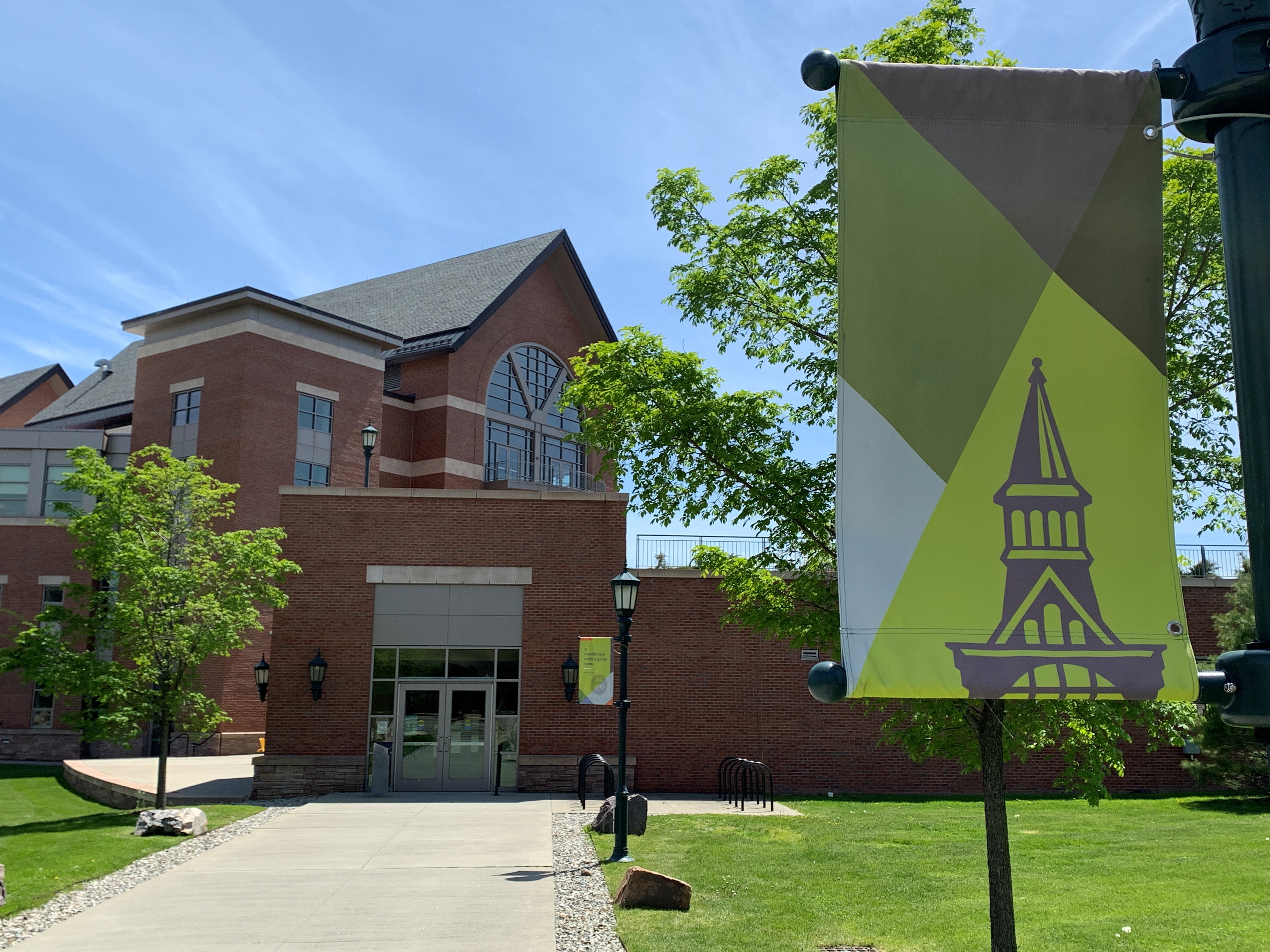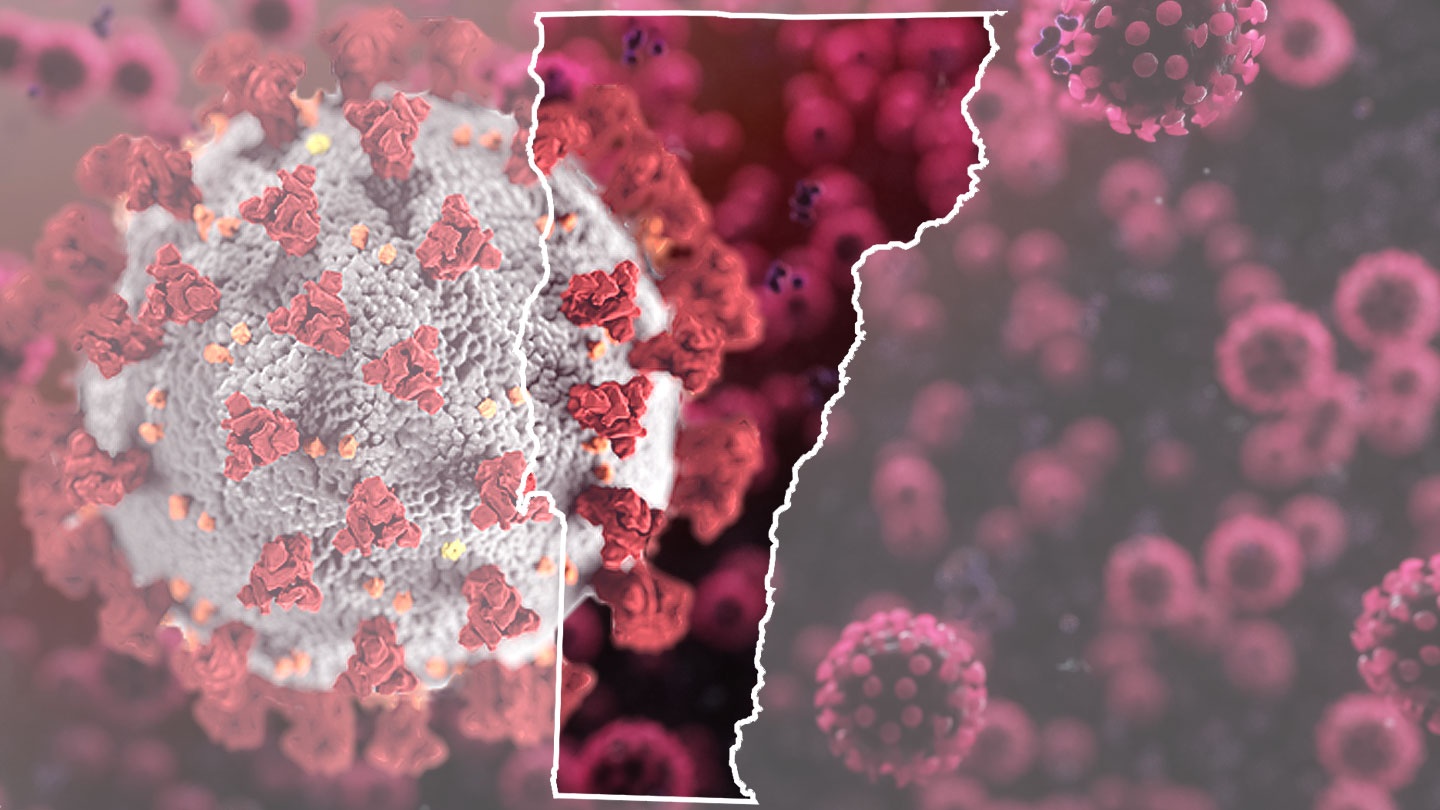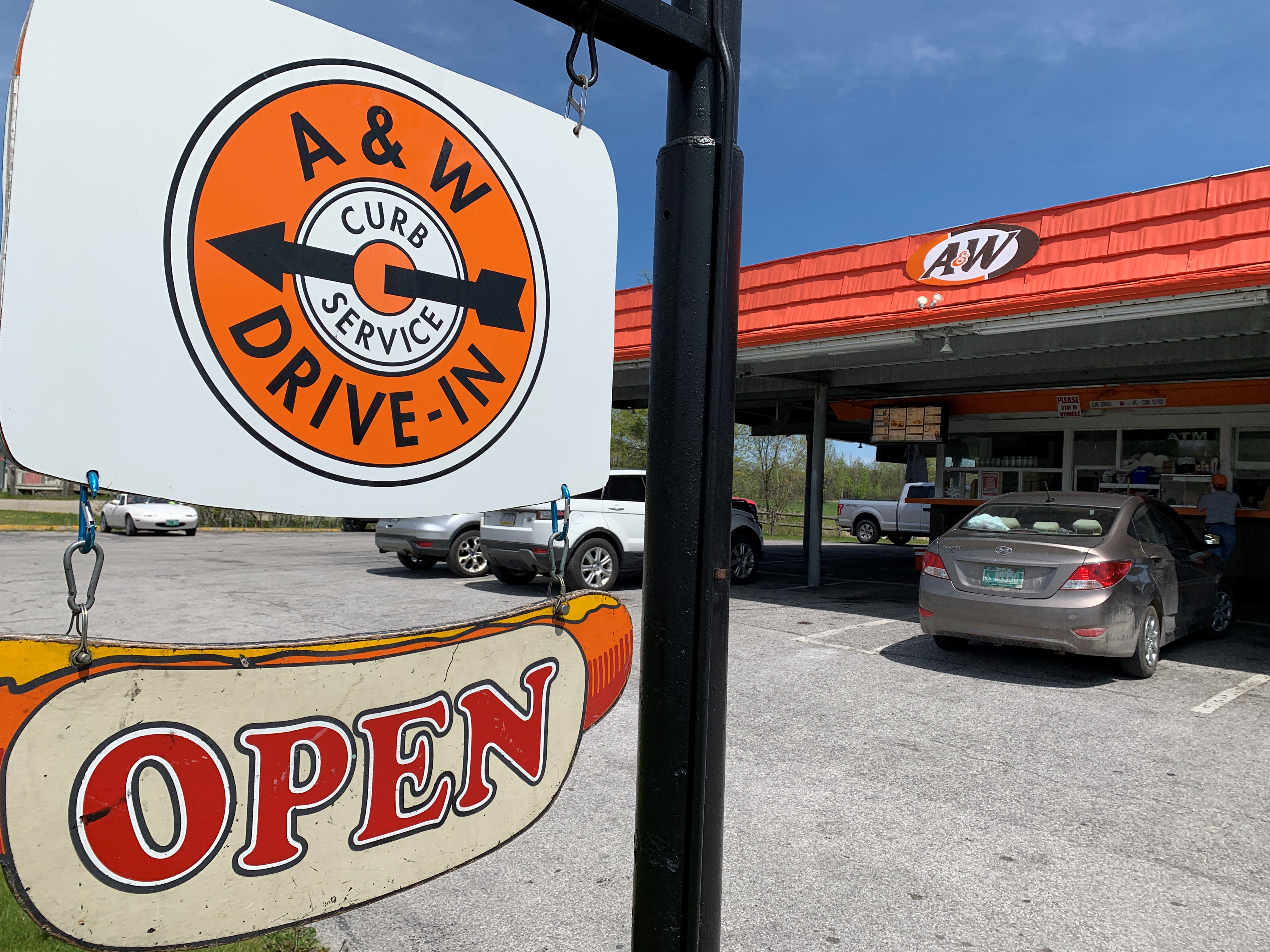A Vermont provider of support to people in recovery from substance use and alcohol use disorders is finding new ways to reach clients, even during the COVID-19 pandemic.
“I was in a particularly bad downward spiral,” Daniel Wyman of Burlington remembered, describing in an interview with NECN and NBC10 Boston the day early in the crisis when he walked into the emergency department at the University of Vermont Medical Center.
Wyman said his alcoholism had gotten to a place where he was worried about his own safety.
Just over a week later, after an inpatient admission, he’d walk out of the hospital to a world barely recognizable—with empty streets and empty sidewalks. Most everyone was staying at home under a “stay home, stay safe” order then in place from Gov. Phil Scott, R-Vermont.
“The loneliness and the lack of support would have been absolutely crushing,” Wyman said.
Someone had his back, however, thanks to the Turning Point Center of Chittenden County, which is located in downtown Burlington.
Vermont’s largest peer-to-peer recovery center is closed to in-person visits through mid-June, to avoid spreading the virus, though it has shifted many offerings online.
“We’re trying to make the best out of a terrible situation,” the center’s executive director, Gary De Carolis, said.
De Carolis noted 12-step meetings are now held virtually, staffers who’d normally greet guests in a community space are available by phone, and a yoga class taught via Zoom for people in recovery has at least doubled its attendance.
“I don’t know if I would still be sober without them,” Wyman said of Turning Point, explaining he regularly texts and video-chats with his recovery coach.
That coach, Wyman said, has also told him about other community resources and even job opportunities.
“For someone like me, who lives alone, that was an enormous help because I didn’t feel quite so alone,” Wyman said.
De Carolis said there was never a question the center would work to find new ways to deliver its services
“Recovery, by its nature, is a community support activity,” he said. “It’s not, ‘I can do this by myself’—it doesn’t work that way.”
Liza Ryan is one of the recovery coaches at the center.
“There’s definitely an increase in overdoses,” Ryan told NECN & NBC10 Boston, based on what she has observed over the past few months. “There’s definitely a need—both [with] mental health and substance use.”
Ryan knows job losses and social isolation can put some at high risk for relapse.
She said the organization is aware of several people who have died from ODs since the COVID-19 crisis began.
“It’s another constant reminder of why we need to continue doing outreach,” Ryan said.
The coach said she wants folks to hear recovery is achievable, and help getting there is available—even in this era of physical distancing.
Coronavirus Coverage in Vermont
Wyman said he is really grateful for all the encouragement he’s received, adding that he believes Turning Point has pointed him toward a brighter future.
“I sincerely think they’re saving lives every day,” Wyman said.
Click here for more on the services offered by the Turning Point Center of Chittenden County.




